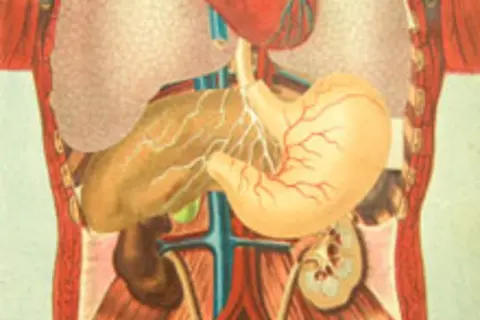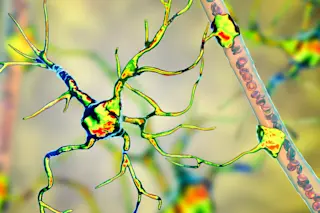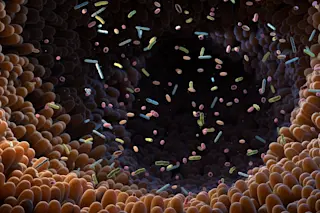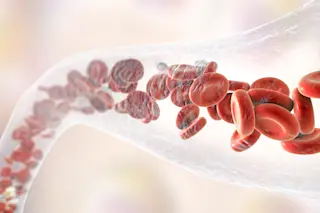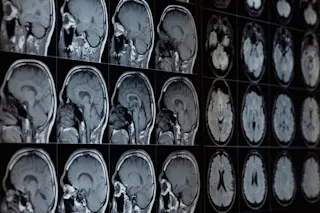Gone are the days when scientists considered the spleen a waste of space. Previously, doctors knew that the organ--which is located behind your stomach--performs a variety of functions, from making antibodies to storing red blood cells, but they categorized it as nonessential. A new study published in Science, however, found that
while it’s true that people can survive without a spleen, the organ is far from worthless [Science News].
Researchers found that the spleen is actually a crucial storage place for large numbers of monocytes, a type of immune cell. Monocytes form in bone marrow and rally to fight an infection or repair the body after a trauma such as a heart attack, and scientists previously believed they were stored in the blood stream. In the study, scientists analyzed the monocytes found near the hearts of mice that had experienced a heart attack, and traced nearly half of the cells ...
